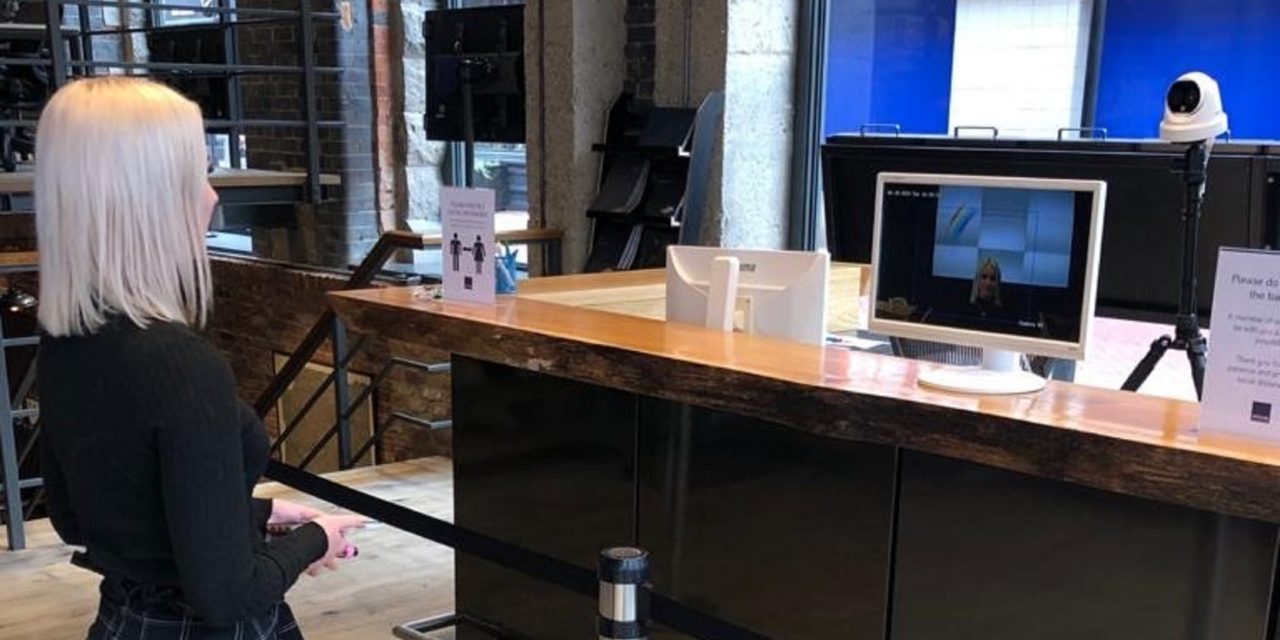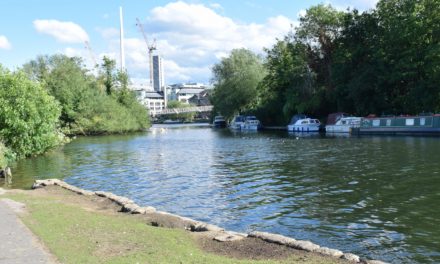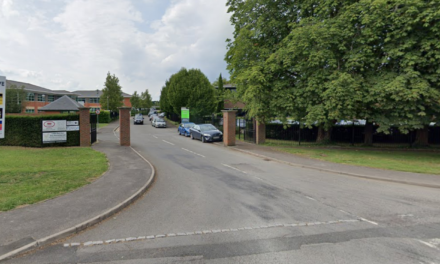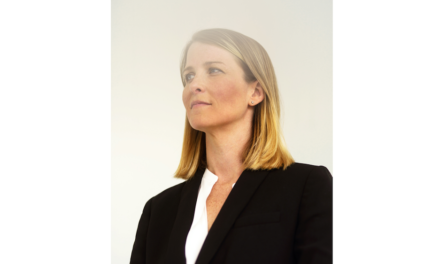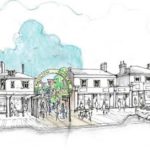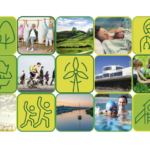Following reports from Thames Tap contacts in New Zealand and Australia on how Covid-19 affected life, business and property in those countries, Hugh Blaza considers the situation closer to home.
In the UK, there’s a sense that we’ve been coming out of lockdown in as chaotic a way as we entered it.
Schools were opening, now they aren’t; social distancing has been taken with a pretty big pinch of salt by many – from the heart of Government to beach goers during our Spring heatwave and, more recently, Black Lives Matter protestors and Soho revellers once the pubs were allowed to re-open.
If nothing else, we will surely be able to plan for a potential second spike by learning from the experience of dealing with the virus and the precautions being taken as the Kiwis and Australians get back to a semblance of normality.
Workplaces have gradually been re-opening with measures in place designed to protect workers, but no matter how ‘zoomed out’ people are, it seems there’s no hurry to go back to work unless you have to.
The contrast with the antipodean experience is clear from the experience of Oxford Sciences Innovation (OSI), the spinout organisation which obtains funding and provides accommodation for many of the new tech companies coming out of the University of Oxford.
Pete Wilder, OSI’s head of property said: “The OSI team has been working from home since the week before lockdown and generally things are going pretty well.
“Like everyone else, we’ve had to adapt the way we collaborate on projects but the team have been really productive during this challenging period as we continue to invest in world-changing companies.
“That having been said, everyone is very much looking forward to the prospect of a return to the office and some personal interaction at some point in the near future.
“Our Grassroots co-working space has been closed during lockdown but we are taking steps to re-open for companies with their own offices, having now completed a detailed risk assessment and safe working plan for the building.
“Most of our portfolio have remained in their labs during the pandemic because you simply can’t replicate those activities at home. Typically, companies have reduced to around 10 per cent occupancy with all activity focussed on the lab areas.
“Companies have adopted shift patterns in order to maximise efficiency, resulting in productivity levels of 70-80 per cent which is phenomenal in the circumstances.
“On a personal note, it’s been really inspiring to see so many Oxford-based companies contribute to the Covid response. It gives me great optimism for the future.”
And what of the archetypical office dweller; the lawyer? Emma Davies, partner in the commercial dispute resolution team at Penningtons Manches Cooper’s Oxford office, thinks that one of the main reasons for wanting to get back into the office is the training of lawyers.
“So much is learned by osmosis, just by sharing a room with a more senior practitioner,” she told us.
But so much work doesn’t require a physical presence in the office and although they’re pretty fed up with WFH, many of the firm’s lawyers will be staying away, drafting contracts, negotiating leases and even conducting mediations from home.
PMC’s offices have been stripped of all personal possessions and safe seating positions have been clearly delineated.
The firm had always retained the more traditional layout of shared rooms for lawyers and open plan spaces for support staff.
But paradoxically, to ensure the training continues, they may end up swopping so that trainees can sit within earshot of the senior lawyers – albeit at a safe distance – rather than sitting alone in their rooms; these will now be allocated to support staff.
As the housing market unlocks, Reading’s longest-established estate agent, Haslams, has reorganised its offices to account for social distancing and introduced the latest thermal imaging technology from Reading-based supplier Nexus DMM.
Every person entering the Friar Street offices can have their temperature checked by a camera designed to detect the temperature-related symptoms of Covid-19.
Haslams managing director Steve Woodford, said: “We have a responsibility to do whatever we can to manage the health and well-being of those that come into contact with us and the Nexus solution is perfect for that.
“It is a quick and non-invasive way of checking peoples’ temperature when they come into the office and people are quite happy to do it as they realise that it is there to safeguard them and others and it provides some reassurance in these anxious times.”
But what of the cultural aspect of work? Yes, working from home works for many. Zoom and MS Teams work. MEPC, the owners of Milton Park, near Abingdon, have recently published the result of a return to work survey of its occupiers.
This indicates that for many, work is also a social event. Home is home, work is work and the constraints on travelling between the two can be frustrating, with mental issues brought on by fear, loneliness, juggling work and childcare responsibilities starting to emerge.
According to Milton Park’s Philip Campbell, the onus is on the workplace provider to do what they can to encourage and reassure workers that it’s safe to get back into the water.
As part of this, he anticipates a staggered return to the workplace, combining flexible working hours and making each of the various transport options attractive, with cycling and walking becoming increasingly popular.
And that might be the story for some time to come: fewer journeys, fewer traffic jams and less pollution. Some good may come out of this crisis yet.
Image: Thermal imaging at Haslams.
Please rate this article out of five stars below.
You can comment too, using the form at the bottom of the page.
© Thames Tap No 218 (powered by ukpropertyforums.com)





